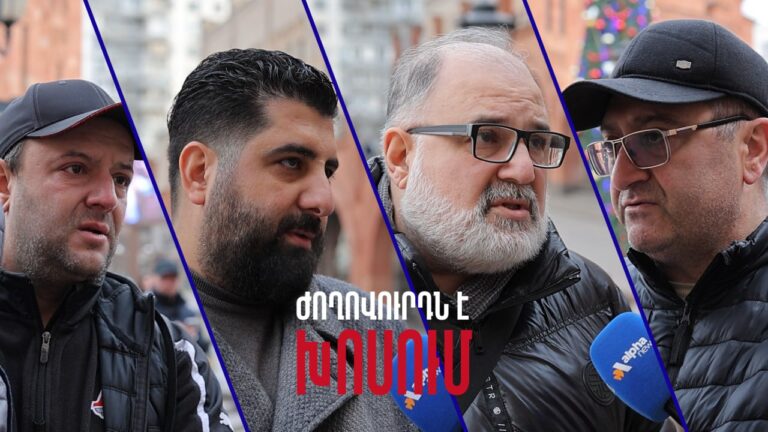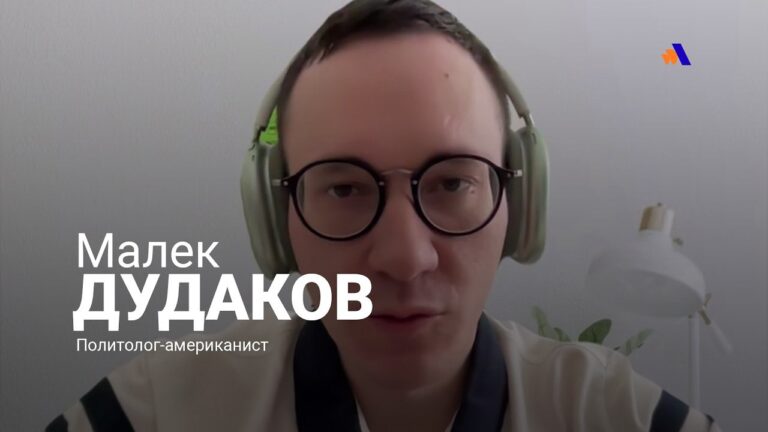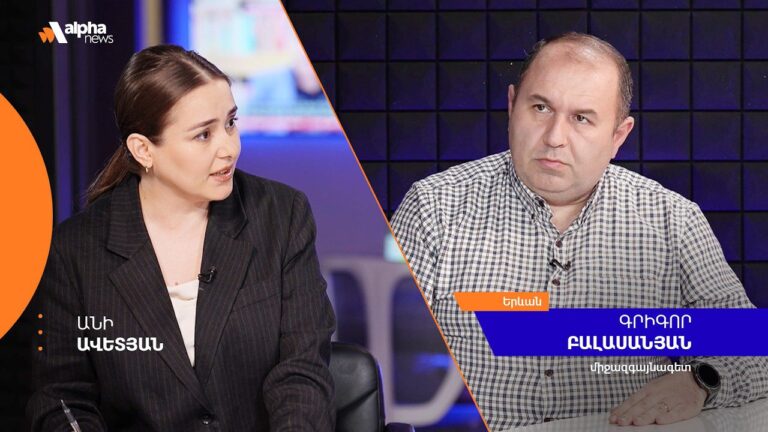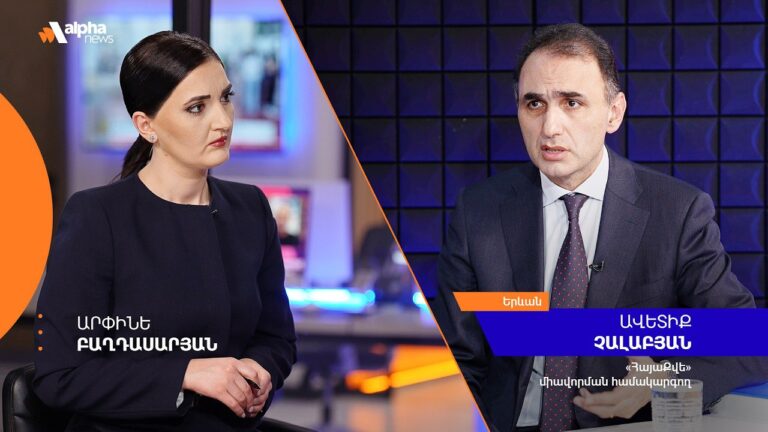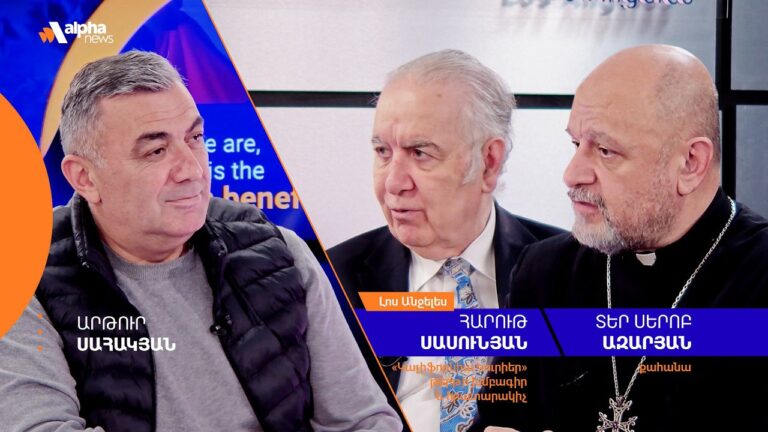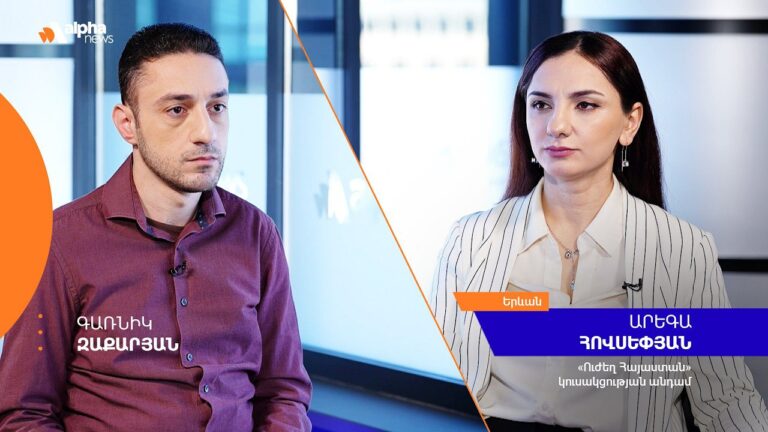Andrey Baklanov: The idea of policy continuity is constitutionally embedded in Iran
May 21 2024, 14:10
Speaking with Alpha News, Professor Andrey Baklanov at the National Research University Higher School of Economics commented on how the death of Iran’s President Ebrahim Raisi will affect the situation in the Caucasus region as well as relations between Tehran and Moscow.
“I express my deep sorrow at the death of such a good man and political figure. It can be stated that Iran is an interesting country in its structure, where the idea of policy continuity is constitutionally embedded. The idea is that you are not making a decision alone, but there are different mechanisms that influence the decision in its final form.
There is even a religious-political group that can influence or evaluate the decision of the Supreme Leader. Therefore, the developed democratic system of mutual connections and correlations in policy leads to the fact that there is always a high degree of continuity in the most involved areas.
I believe that in this case, in terms of interpolitical aspects, including the situation in the Caucasus, continuity will prevail and no dramatic changes will happen.
Nothing will change globally. It will just take some time before the world gets to know the new leader. Although the new leader may even be a person who is already very well known in Armenia and other countries,” Baklanov said.
According to the expert, nothing will change in Russian-Iranian relations.
“Nothing will change because there is a peculiarity in the democratic structure of the most basic levers of state power, government bodies. After all, the state arose a long time ago, and by now, everything has already been established and developed, with the help of parliamentary mechanisms as well. The key directions of foreign policy and Caucasian policy are among those established things.
We have good relations with Iran. We call this relationship a strategic partnership. Our bilateral relations are very good as well. We have well-established interactions within the United Nations (UN). Moreover, we are striving to build some new mechanisms of cooperation,” Baklanov concluded.

